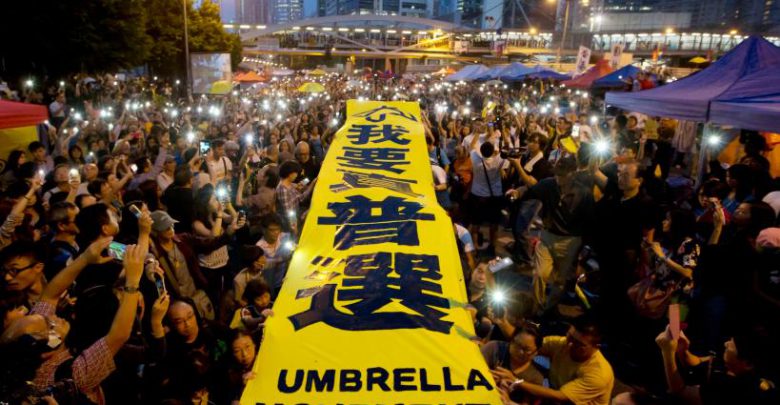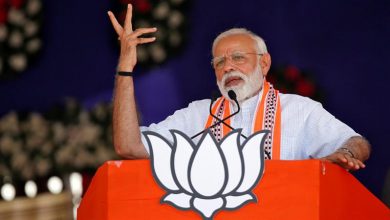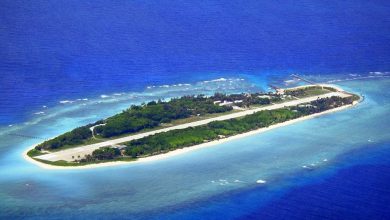AllAsia and OceaniaOngoing
Hong Kong Protests and the Extradition Legislation that Sparked a Movement
Hong Kong Citizens are revolting against the legislative council in protest to the legislative bill that extradites citizens to mainland China.

Hong Kong is a coastal city situated in the central location on the Pearl River Delta and the South China Sea. It’s a booming city, filled with a bustling night life and is home to one of the biggest skyscrapers in East Asia. It’s territory consists of Hong Kong Island, Kowloon, the New Territories and other minute islands scattered across 1,092 square kilometers. Hong Kong was conceived when China’s Qing dynasty government lost in the 1842 Opium war when it relinquished the island of Hong Kong to the British. It was originally an island surrounded by miscreants and thieves.
Before the British arrived, Hong Kong was a tiny fishing community that was abundant in a variety of Chinese tea. The traders used to exchange with the Imperial government to weed out the pirates who would arrive at the ports to purchase tea and other goods. Following this, a war emerged in 1839 when the British blocked off the Pearl River and fired gunshots at the Royal Saxon merchant shift for trying to seep through the blockade. The Chinese fired in retaliation to the British and thus began the Opium war. China was then forced to hand over Hong Kong island to the British, including introducing more trading routes and ports.
Currently, Hong Kong is run under British Law and is following the one country two systems policy for the next 50 years. According to Chinese Foreign Minister Wang Yi, Beijing would abide by the rule that “Hong Kong people shall govern Hong Kong under a high degree of autonomy”. This is of great concern to Hong Kong Citizens since their freedom will be compromised and this forebodes the declining absence in free speech.
The Start of the Umbrella Movement and Hong Kong’s Opposition to Police Enforcement
The Umbrella Movement is considered as the largest social movement in Hong Kong in terms of size, length and reach. It gained a wide presence on digital media, illustrating the impact of social involvement to a collective online audience. The history of Hong Kong under the British Colony before they ceded to China for 50 years, plays a role in the current protests. Hong Kong citizens are currently retaliating against the government as they’re leaning in favor of the Chinese Communist government. Young pro-democracy activists in their early 20s such as Nathan Law and Joshua Wong are viewed as prominent figures who after being jailed still remained active protesters against the Chinese authoritarian regime. This showcases the promising future of the state of Hong Kong through the actions of the youth.
There are several short-term factors that led to the Umbrella Revolution. In 2007, the Standing Committee of the National People’s Congress of China (NPCSC) motivated Hong Kong to instigate universal suffrage in light of the 2017 Hong Kong Chief Executive elections and 2016 Legislative Council election. Afterwards, proposals regarding voting were discussed in the council. In 2014, an electronic Civil referendum pushed through, pulled together by the Secretariat of the “Occupy Central with Love and Peace” (an organization that discusses the electoral procedures in Hong Kong) following this, the organization curated a campaign to uphold the international requirements of universal suffrage including: rights to vote, who to nominate etc. Albeit, later in the year, restrictions were placed on citizens’ rights to vote and a specific framework was created to limit the voters’ rights. The neoliberal economic policies of the government of Hong Kong eventually led to the presence of the Umbrella Movement.
Consequences of the Legislative Bill on the citizens of Hong Kong
Unfortunately, the rising concerns of the Chinese government intensifying their prerogative on human rights and civil liberties in Hong Kong have gotten worse. Fast forward, four years later where the next large protest happened with about 2 million people protesting on the streets of Hong Kong. The new extradition bill will entail that Hong Kong officials will extradite criminal suspects to stand trial in Mainland China. Hong Kong must also extradite suspects to trials. After the British running in Hong Kong, it didn’t count China to its “fundamentally different criminal justice system”.
Recently, Carrie Lam, the Chief Executive of Hong Kong expressed her apologies for the extradition bill but has neither retracted nor offered to resign. The future of Hong Kong’s judicial system is still at a standstill and time will only tell what will happen when the “one country, two systems” agreement expires. Fortunately, the people of Hong Kong are actively fighting for their civil rights and freedom of speech. Hong Kong’s legislative council is on a break and will resume on July 20 before resuming in October.




